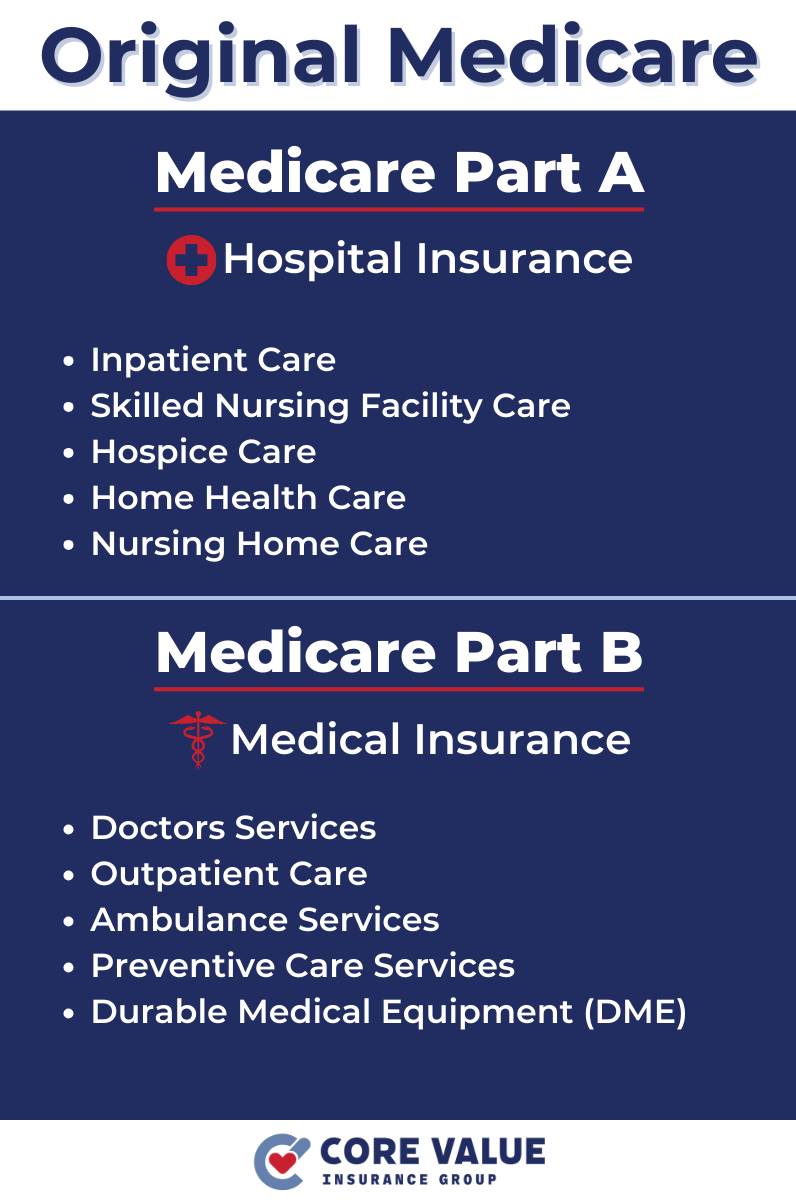Dental care is an essential part of overall health but understanding Medicare’s coverage for dental services – particularly dental implants – can be confusing.
For seniors in Philadelphia, Bucks County, and surrounding areas, this is a common question.
Let’s discuss Medicare’s coverage for dental implants, explore your options, and provide tips on how to navigate dental care expenses.
Does Original Medicare Cover Dental Implants?
In short, Original Medicare (Part A and Part B) does not cover dental implants or most routine dental care.
Original Medicare excludes coverage for:
- Routine cleanings
- Fillings
- Tooth extractions
- Dentures
- Dental implants
The only time Original Medicare may cover dental care is if it’s medically necessary as part of a covered procedure.
For example, if dental surgery is required as part of jaw reconstruction after an accident, Medicare Part A may cover hospital costs, but not the implants themselves.

Do Medicare Advantage Plans Cover Dental Implants?
Medicare Advantage plans (Part C) are offered by private insurers and often include additional benefits not covered by Original Medicare.
Many Medicare Advantage plans offer dental coverage, which may include:
- Routine cleanings and exams
- Fillings and extractions
- Partial or full dentures
- Coverage for dental implants
The extent of coverage for dental implants varies by plan.
Some plans cover only a portion of the cost, while others may include implants as part of their comprehensive dental benefit package.
It’s crucial to review plan details and check with the provider to confirm coverage.
How to Find a Medicare Plan That Covers Dental Implants
For residents in Philadelphia, Bucks County, and nearby counties, finding the right Medicare plan with dental coverage can save you significant costs.
Follow these steps:
- Compare Medicare Advantage Plans: Use Medicare’s Plan Finder tool or work with a local Medicare agent like CVIG to review plans available in your area.
- Look for Comprehensive Dental Benefits: Pay attention to plan details, including annual maximum benefits and specific coverage for dental implants.
- Check Network Providers: Ensure your preferred dentists or oral surgeons are in-network for the plan you choose.
Alternatives to Medicare Coverage for Dental Implants
If your current Medicare plan doesn’t cover dental implants, consider these alternatives:
- Dental Discount Plans: These plans provide discounts on dental services, including implants, for a monthly or annual fee.
- Standalone Dental Insurance: Purchase a separate dental insurance plan designed to cover implants and other major dental procedures.
- Health Savings Accounts (HSAs): If you have an HSA from before enrolling in Medicare, you can use funds to pay for dental implants tax-free.
- Payment Plans with Dentists: Many dental offices offer financing or payment plans for major procedures like implants.
How to Enroll in a Medicare Plan That Covers Dental Implants
Medicare dental coverage can be confusing, but CVIG is here to help seniors in Philadelphia, Bucks County, and surrounding areas find the right Medicare plan for their needs.
Our one-on-one Medicare consultation can help you explore options for dental coverage and ensure you’re not overpaying for your healthcare.
Medicare and Dental Implants
While Original Medicare doesn’t cover dental implants, Medicare Advantage plans may provide options.
Understanding your plan’s benefits and exploring additional coverage options can help you manage costs effectively.
If you’re unsure about your current plan or want to explore dental coverage, CVIG is here to assist.
Contact us today for a free Medicare review to discuss your options for dental coverage, including plans that cover dental implants.
Medicare Parts
Speak with a licensed insurance agent!
